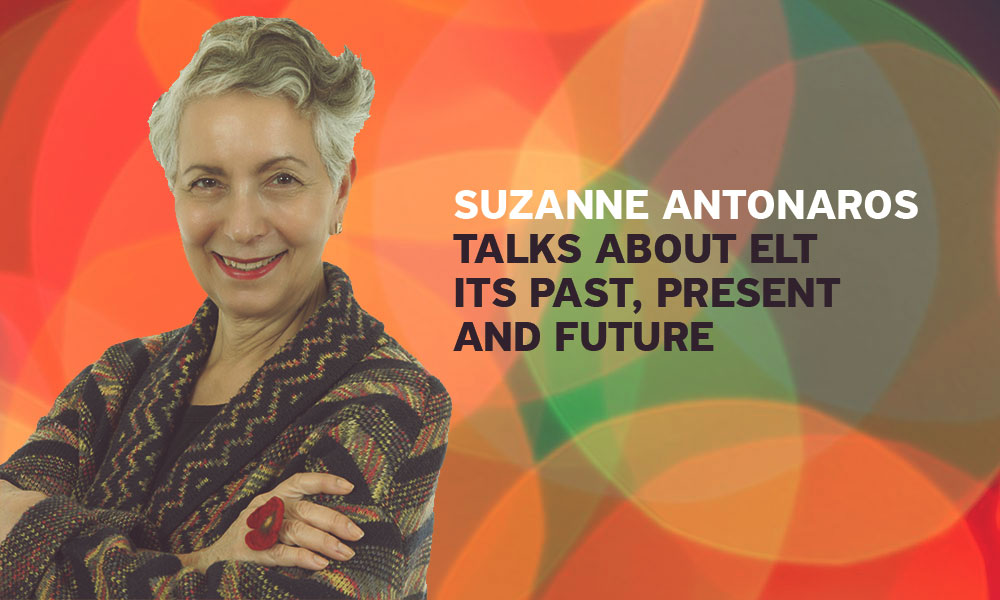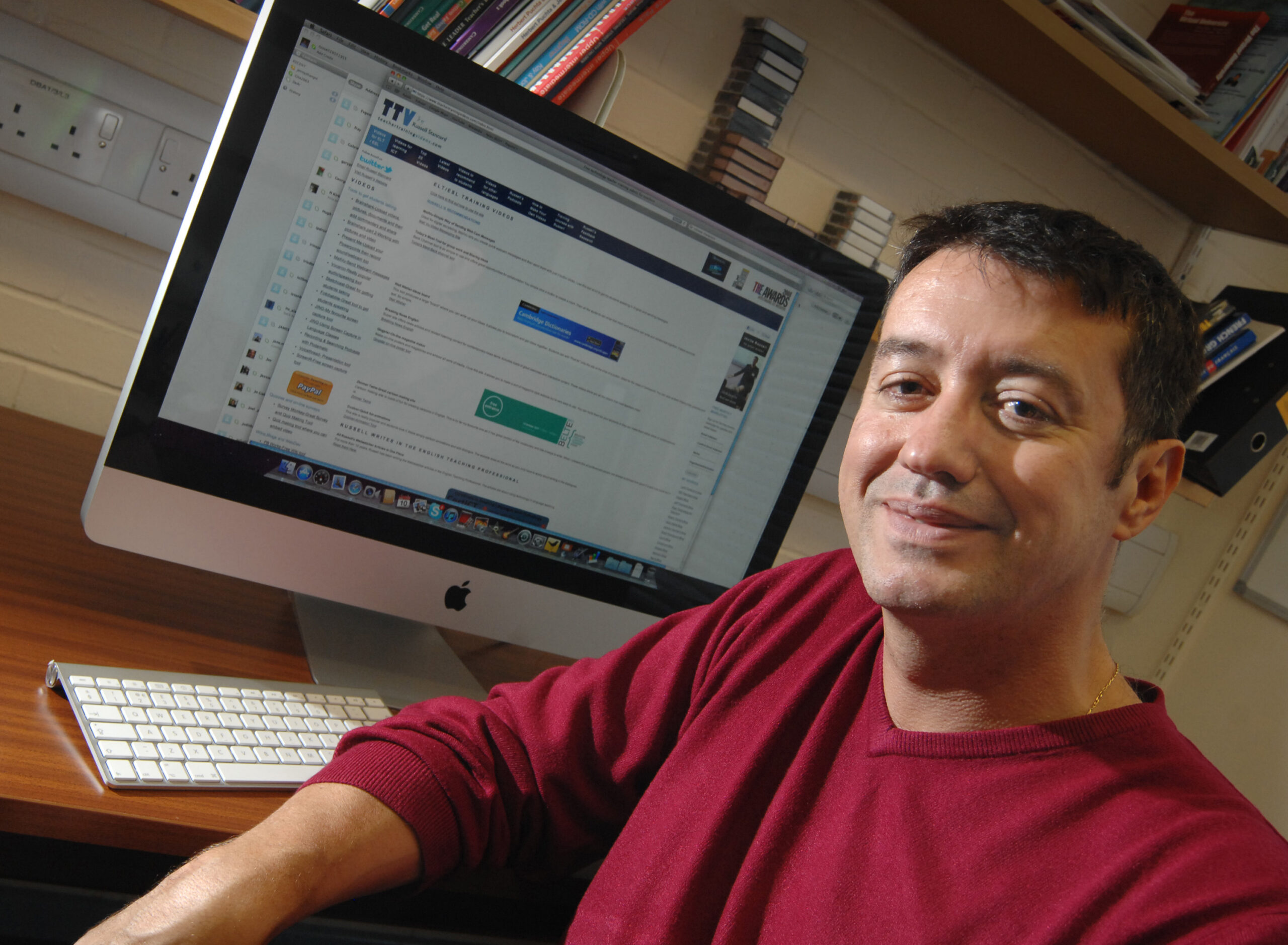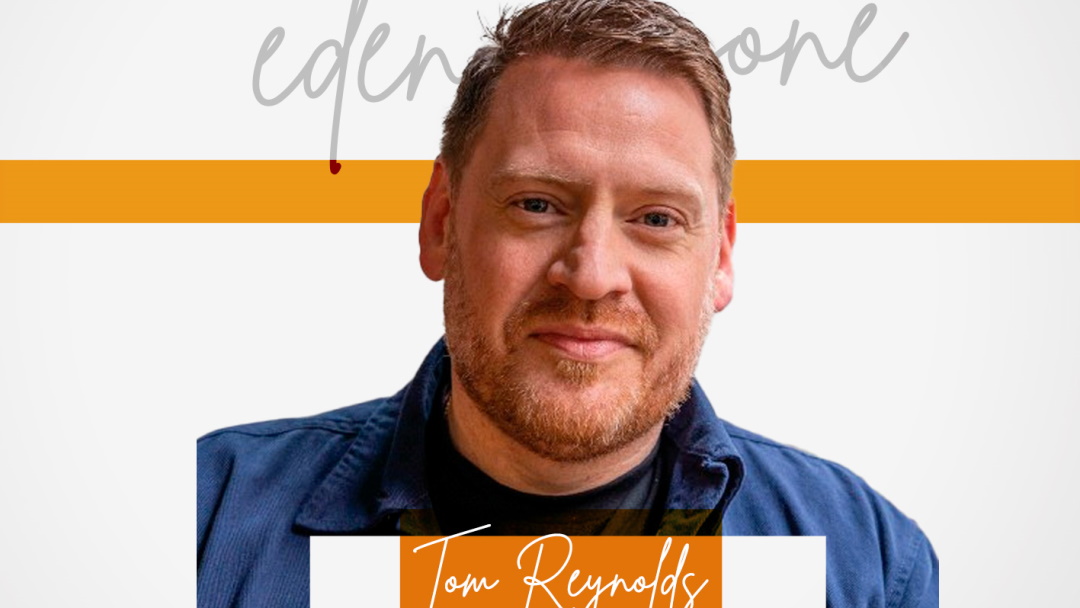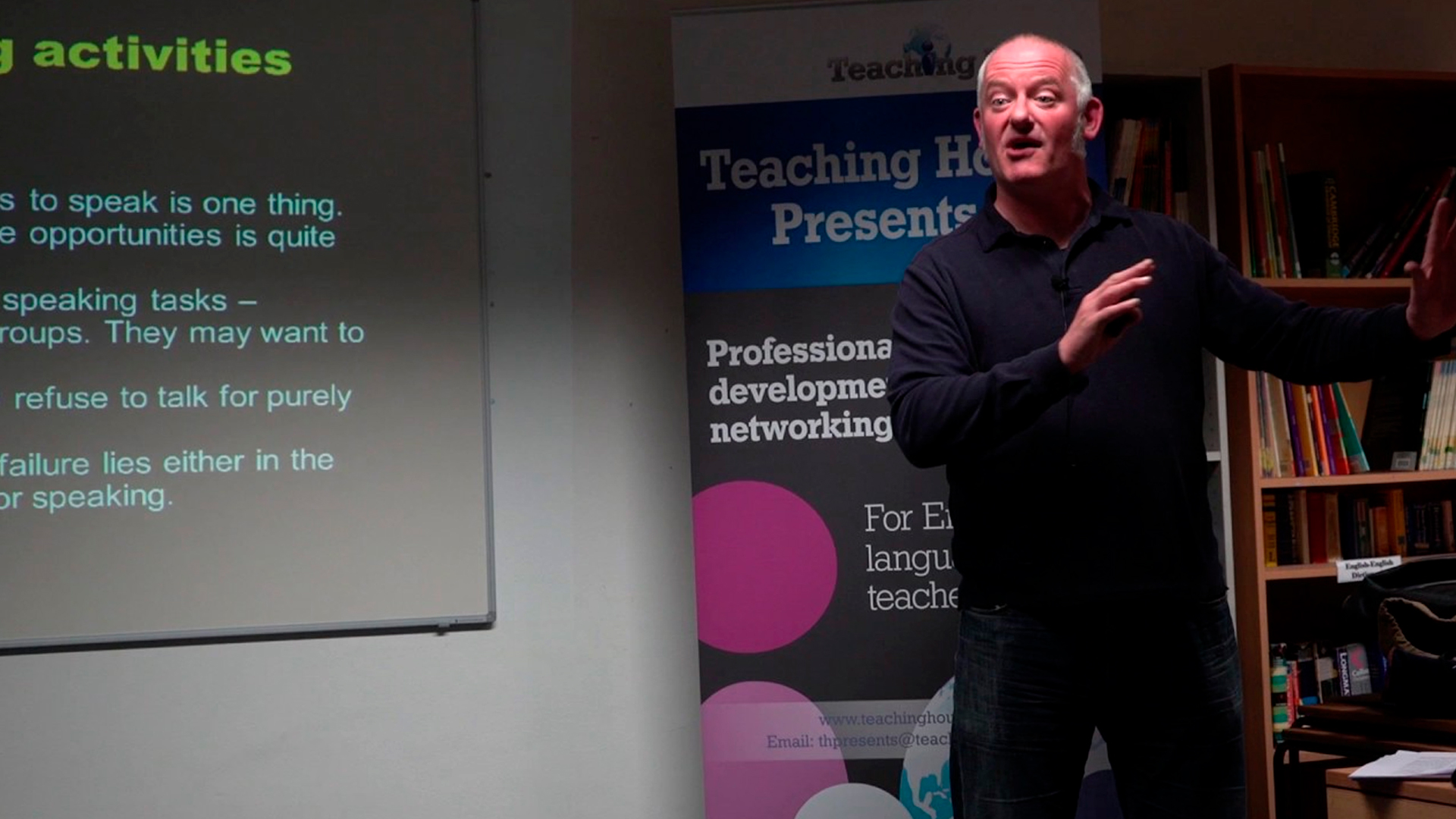Did you always want to become a teacher?
When asked as a child what I wanted to be, I’d say a choreographer, to coordinate the movements of individuals with in a group performance. As an adolescent, I considered being a psychologist to study the human relationships. Stimulated by those childhood dreams, I’ve always felt in my element as a language teacher of learners of all ages and backgrounds. Being a language teacher has helped me develop both the coordination of groups of dynamic individuals and the study of how to help people with common goals create and nurture their relationships, by working in pairs, in groups and in teams.
What was the situation in ELT when you started teaching?
San Francisco State University, originally a Teachers’ College, was one of the two on the globe which offered an MA degree in TEFL. For my first teaching assignment I had a book titled English Sentence Grammar as the standard course material. Our job then was to flesh out our lesson by writing dialogues and creating oral practice activities to go with one structure after another. This required the challenging task of creating content and activating interaction. Since then, over my lengthy career, I’ve seen many distinct text and task types been introduced – a true treasure for any language teacher who is constantly enriching her/his repertoire!
How do you see ELT in say…10 years from now?
I can speculate that the job of the language teacher may be coming full circle in that, in the future, the coursebook (serving as the same sort of ‘skeleton’ as grammar books did in the past) may be ‘shrinking in size’, allowing language teachers to design parts of their courses with mash ups, tasks and projects of all sorts by using all sorts of digital texts and images available online. There are such rich resources out there that each of us can tap into! I, indeed, support a large measure of individual teachers’ creativity, over following a strictly-prescribed course to the letter, in order to address the needs of individual learners in the groups teachers work with.
Working through the next decade, language teachers will need tremendous critical judgment to make an appropriate selection of texts and activities for their learners. In addition, more materials will need to be offered in training programs.
Has teaching changed or do we still teach the way we were taught? How difficult is it to change?
Teaching has changed, in particular, the way foreign languages are taught. Any positive development in the way we teach today has taken place because individual teachers have reflected on how they might conduct their lessons differently, i.e. more effectively, than their teachers did. Generations change, but human nature doesn’t. After some reflection, experimenting, risk-taking in defying the status quo and wanting to improve on it, it is those few individuals who slowly ‘change the course’. Since many of us teachers work in isolation, how do we follow those leaders who have braved out on a changed course? The answer is continuous professional development: reading and contributing to journals, attending conferences and workshops, obtaining further professional and academic credentials and posting and blogging about educational concerns.
The bedrock of more effective and efficient instruction is setting and maintaining meaningful relationships with students. Do teachers know how to do it?
I know what I have learned about building relationships with my learners; however, I can’t discuss the know-how of other teachers. Regarding relationships with learners, two words come to my mind: process and balance. The ‘process’ for building relationships starts with listening well and asking professional, yet pointed questions of the learners. I try to empty my mind of any pre-judgments that I may have made based on what I perceive about the learners (their age, level, appearance…). My battery of questions are basic ones (How long have you been studying English? where? which books? Do you own an English-English dictionary? Which skill is your best (Listening, Speaking, Reading, Writing)? Which do you want to improve? Any goals in which English may be required?). I listen to the answers with an open mind and I take notes; this sets a solid foundation for our relationships and helps to build rapport and trust, as long as I occasionally refer to my notes throughout the course.
What are the appropriate teacher-student boundaries?
The ‘balance’ for building relationships has to do with formality and familiarity. This guideline is more important than ever now that, through the use of social media in particular, we are more accessible to our learners. The advice I give to new teachers is to set work goals and establish, together with the learners, rules of class behavior from the start. We need to keep in mind that the learners have not come to attend sessions because they want to be loved or to find a new friend in their teacher but rather to improve their communication skills. From September till December, a bit of formal distance is advisable. From January on, once learners have proven that they can reach their goals and exercise some autonomy (depending on their age and level), the relationships between all will naturally become more familiar.
{loadmodule mod_random_image,call to action subscribe in articles}
Have you ever felt embarrassed or insecure in the classroom?
Most definitely. What I remember are the times when I have caught myself not ‘practicing what I preach’. Each such incident ends in my realizing how important being mindful is and that requires acting in the moment, not following impulses. Hence, ‘go slow and breathe deeply before taking action’ I say to myself!
Does routine teaching make teachers ‘lazy’?
If ‘routine teaching’ means following the book, I’d say ‘demotivated’ rather than ‘lazy’. I’d love for more language teachers to create some of their lessons and project tasks from scratch and by themselves – tailor-made for the learners they are working with. Without a healthy dose of teacher autonomy and creativity, teachers cannot help but get bored and demotivated, given the repetitive nature of foreign language teaching.



